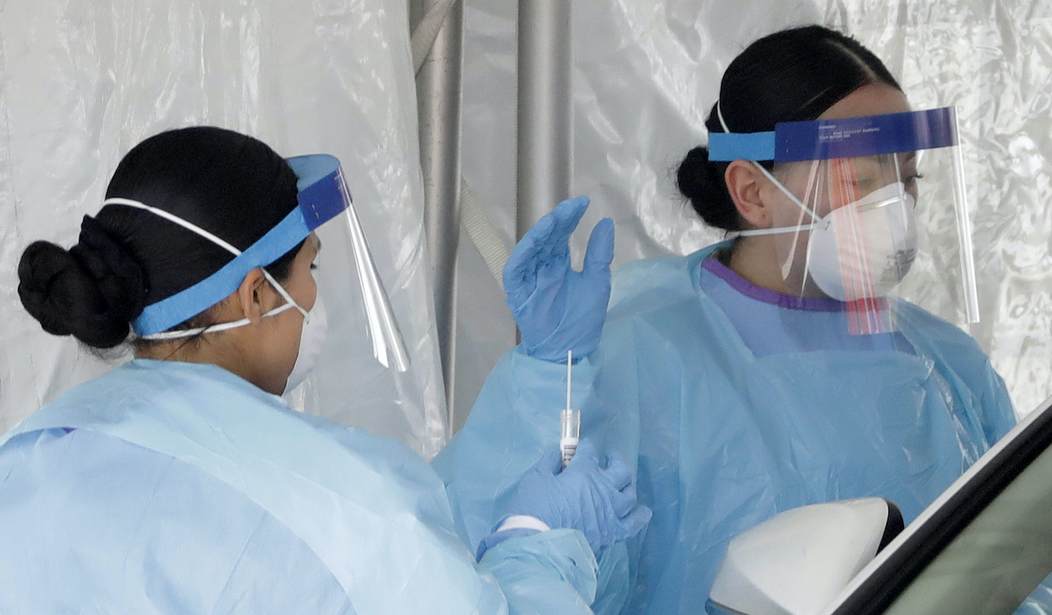With the eyes of the world on all things COVID-19 all the time, you’d think the pandemic put an end to all other health issues. Unfortunately, for those of us with existing health conditions, it hasn’t. Instead, we’ve had to adapt to a vastly different health care environment than we’ve been used to.
I am one of the 43 million adults in the United States who has been diagnosed with non-alcoholic fatty liver disease (NAFLD), a condition caused by metabolic syndrome, insulin resistance, or a host of other factors. A few years back, I was flagged as having a more progressive and rarer version of the condition, which required major changes in diet and exercise, numerous visits to doctors, and a ton of tests—on top of the many follow-ups in the years since.
When COVID-19 hit, I was worried I would be unable to consult with my primary care doctor (or any specialists, if the need arose). In today’s complicated world of insurance companies and paperwork, I didn’t have a way to keep in touch with him about supplements I was taking or tests for which I was overdue. The often-crowded office is quite a drive away, but now all routine in-person visits had been suspended.
Thankfully, telehealth provided a solution. I was able to consult with my doctor virtually to discuss weight changes, my nutrition and exercise plan, supplements, and any necessary blood panels. And I did it all from the comfort of my home. The only thing I had to worry about was the smudge on my computer’s camera.
For people like me, telehealth has been something we can count on. As COVID-19 progressed across the nation, a number of governors and legislatures wisely suspended restrictions on telehealth. The federal government swiftly followed with additional commonsense reforms to expand telehealth access. It’s no surprise that telehealth visits increased by 50 percent in March, with total virtual visits expected to top 1 billion this year as a result of the COVID-19 crisis.
Recommended
Remote accessibility is a game-changer for many people. Unfortunately, a number of these provisions are set to expire when the current crisis is over. I can cope—but millions of Americans living with more chronic conditions, in rural areas with provider shortages, or struggling with disabilities that prevent them from traveling easily to a doctor’s office, won’t be as lucky. Indeed, those with chronic conditions also face the potential danger of traveling to a crowded provider’s office during these uncertain times.
COVID-19 proved that expanding telehealth works—and that the restrictive laws on the books prior to the pandemic aren’t necessary. We’ve already seen telehealth expansions close the health care disparity gap in rural areas, especially for those with chronic health conditions and those without adequate transportation. That’s why state leaders should work to make these recent reforms permanent and takedown even more barriers to telehealth. Specifically, telehealth should be expanded so providers and patients can connect virtually across state lines. And telehealth laws should be updated to include health care providers of all kinds—such as domestic abuse counselors, addiction psychiatrists, geriatric social workers, and more.
In times of crisis and times of normalcy, everyone deserves access to high-quality health care. This is especially true for those with underlying health conditions, for whom travel to a doctor can be difficult. Let’s take the next commonsense steps toward expanding telehealth so that geography is no longer a determining factor in one’s health outcomes or access to quality health care.
Hayden Dublois is a Research Analyst at the Foundation for Government Accountability

























Join the conversation as a VIP Member